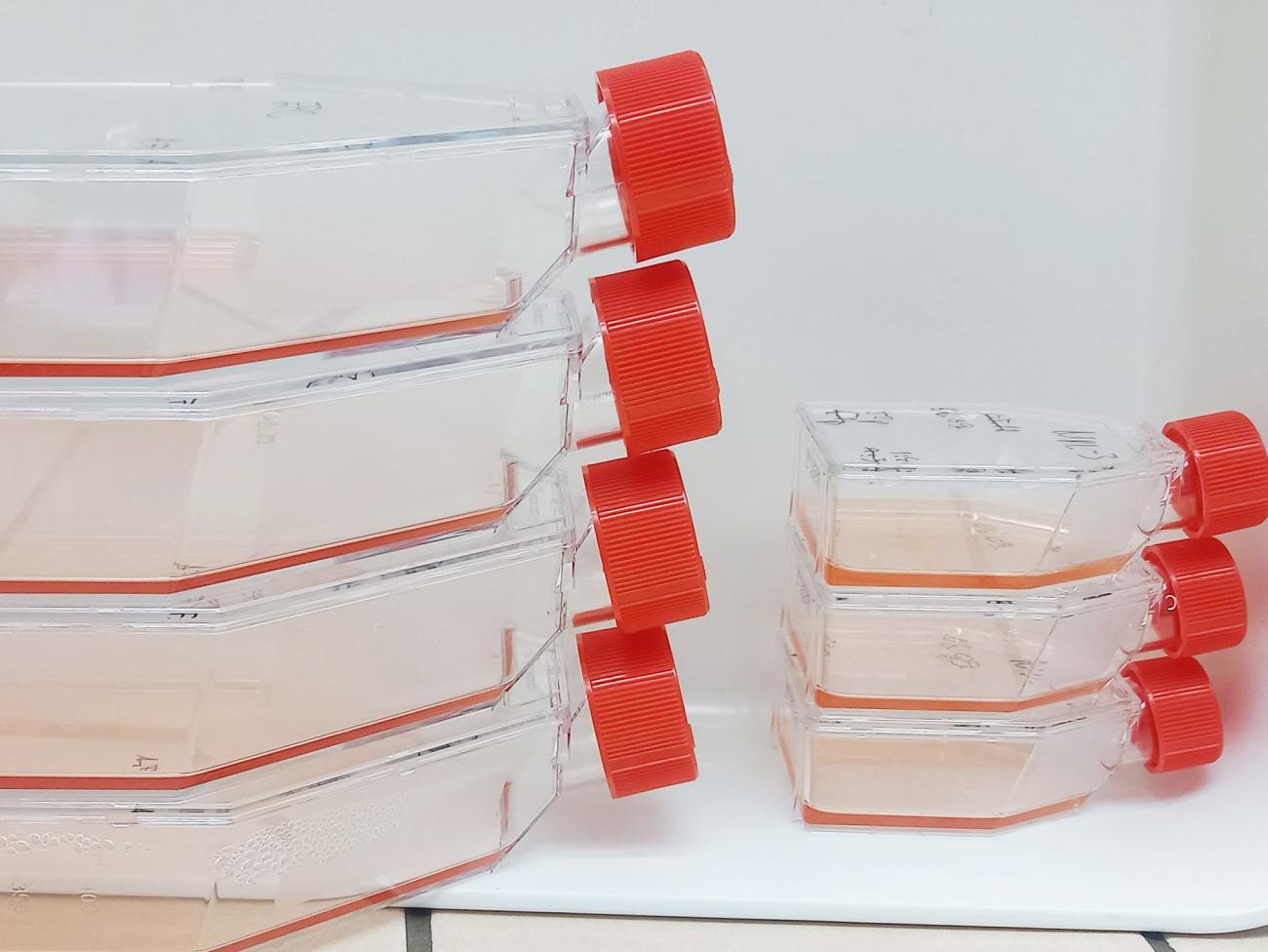
Identification and isolation of economically important fish viruses and development of new generation prototype vaccines
The fish as a protein source for humans is increasingly important throughout the world. The natural fish populations are no longer able to supply the needs, therefore, more and more fish species are involved in intensive breeding. In such fish hatcheries, infectious diseases can cause serious economic losses. In the Hungarian fish breeding several foreign fish species have appeared recently. Potentially this could result in the emergence of new pathogens. Discovery, characterization and publication of novel, previously unknown viruses from cases causing heavy losses to domestic fish hatcheries are expected. Better understanding of the biology of these viruses could help in the selection of antiviral drugs. Based on these results, modern molecular diagnostic methods, facilitating the quick identification of different viral pathogens, will be developed. Modern, new generation prototype vaccines (DNA vaccine) will be designed and tested.
Apart from the diagnosis of the OIE listed aquatic viruses, there is no research group specialized in fish virology in Hungary. The principal investigator, during his PD OTKA grant, has carried out research on the genetic analysis of several fish viruses. These results assisted to refine the taxonomy of fish viruses, and contributed to increase the knowledge on the diversity of fish viruses in Hungary. Some promising DNA vaccine candidates were also studied for sturgeon herpesvirus. We intend to continue these studies within the framework of this grant. This time, we would focus on the isolation of fish viruses occurring in Hungarian fish farms, which will provide the basis for the better understanding of the biology of these viruses and for selecting the best defense methods against them. For this purpose we need to establish novel permanent cell lines from domestic intensively reared fish species. Primary cells will be immortalized by viral gene transfection. After successful isolation, the novel virus will be characterized fully. The alloherpesviruses (koi herpesvirus, KHV) are important veterinary pathogens causing severe economic losses worldwide. These viruses are able to enter latency, during this period it is not possible to detect them by direct methods, so it would be highly desirable to develop a sensitive indirect virus detection method (ELISA) for screening the asymptomatic fish stock. New generation DNA vaccine prototypes will be designed and tested in animal experiments for economically important fish viruses (KHV, carp edema virus, CEV). For these latter purposes the first isolation and/or genetic analysis of Hungarian variants of these viruses are needed.
Dr. Tamás Juhász (NÉBIH, ÁDI, Budapest)